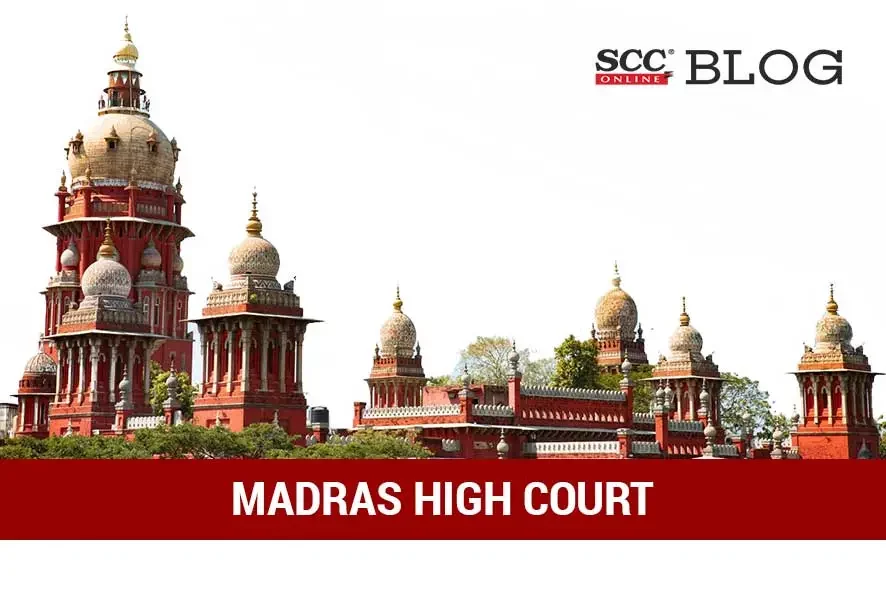Madras High Court: In a writ petition filed for directing the State to provide employment to the petitioner’s daughter by considering her educational qualification read with Rule 12(4) of the Scheduled Caste and Scheduled Tribes (Prevention of Atrocities) Amendment Rules, 2016, within a time frame fixed by the Court, L. Victoria Gowri, J. has allowed the petitioner’s claim since the Scheduled Castes and the Scheduled Tribes (Prevention of Atrocities) Act, 1989 and the provision of the SC/ST Rules, 1995, is a special Act , mandating to provide basic pension along with employment to one of the family members of the deceased.
In the case at hand, the petitioner belongs to the Scheduled Caste Community, and he is a senior citizen. His elder son was murdered by the forward community in 2020. The police identified the deceased person’s body and thereafter, arrested the accused. Subsequently, trial commenced, and the District Collector was directed to grant compensation to the petitioner as per the Scheduled Caste and Scheduled Tribes (Prevention of Atrocities) Amendment Rules, 2016 (‘SC/ST Amendment Rules, 2016’). However, the petitioner has got another son and daughter. Since the surviving son is a disabled person, the petitioner, for the purpose of seeking employment to his surviving daughter, made representations on 17-03-2022 and 13-06-2022 to the State. These representations were made by the petitioner based on Rule 12(4) of the Scheduled Caste and Scheduled Tribes (Prevention of Atrocities) Amendment Rules, 2016.
The Court said the since the Scheduled Castes and the Scheduled Tribes (Prevention of Atrocities) Act, 1989 and the provision of the SC/ST Rules, 1995, is a special Act and relevant Rules, and when the special Act is mandating to provide basic pension along with employment to one of the family members of the deceased, the petitioner’s claim is entitled to be allowed.
The State submitted that since already compensation has been paid to the petitioner, the question of providing employment to the surviving daughter will not arise. The Court said that this submission is not sustainable in view of the fact that the petitioner is relying upon the provision of the Special Act. Thus, the Court directed the State to provide employment to the petitioner’s daughter by considering her educational qualification within a period of twelve weeks.
[Kalimuthu v. Secretary, 2023 SCC OnLine Mad 5129, Order dated 13-07-2023]






